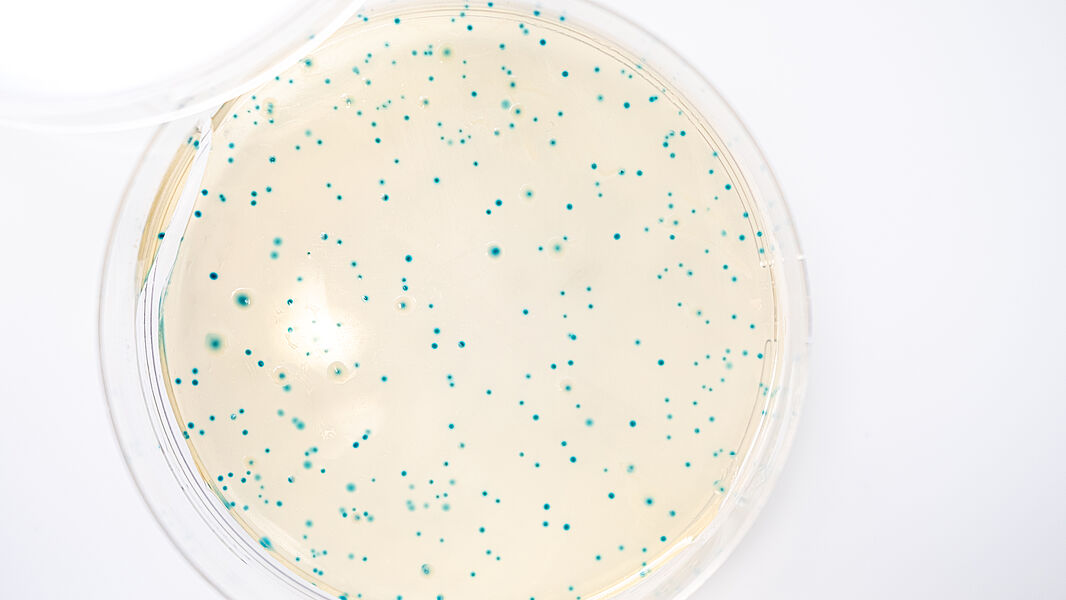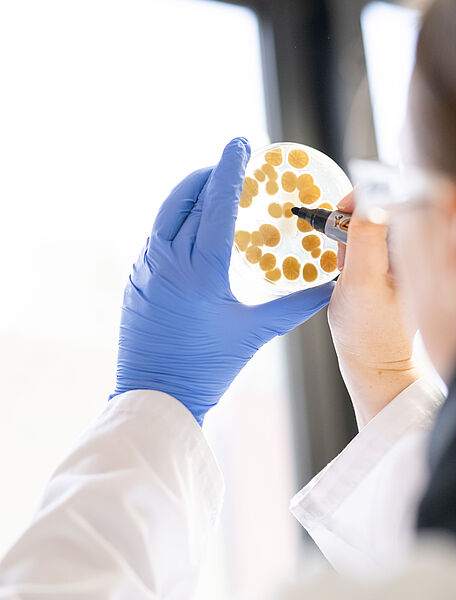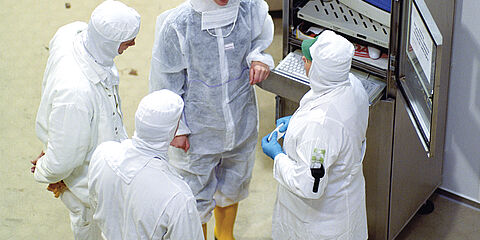Listeria monocytogenes: A Major Regulatory Change in 2026
Starting July 1, 2026, the European Union plans to tighten food safety criteria related to Listeria monocytogenes in food products.
A European Revision Strengthening Health Requirements

Until now, Regulation 2073/2005 allowed a maximum concentration of 100 CFU/g throughout the product’s shelf life. With this new revision, the requirements are evolving: total absence of Listeria will be required near the product’s expiration date (Use-By Date - UBD) if the producer cannot demonstrate compliance with the 100 CFU/g criterion by that time. This change aims to enhance consumer protection against this potentially fatal pathogen, particularly in sensitive refrigerated products.
This regulatory revision presents a significant challenge for manufacturers of fresh products, deli meats, meat, and poultry. Ensuring the total absence of Listeria monocytogenes at the end of the product’s shelf life requires rigorous validation of manufacturing and storage processes. It is therefore essential for manufacturers to anticipate these requirements and adjust their microbiological risk management strategies accordingly.
Challenge Test: A Key Solution to Meet This Change

In response to these stricter regulations, the challenge test stands out as an essential tool for food businesses. This microbiological test demonstrates the stability of a product when exposed to potential Listeria monocytogenes contamination.
In practice, the challenge test involves:
- Deliberately inoculating a controlled quantity of Listeria monocytogenes into the product.
- Observing its behavior during the product’s shelf life under real or simulated conditions.
- Evaluating the product’s ability to inhibit pathogen growth.
If the results show that Listeria does not proliferate beyond regulatory limits, the product’s compliance is justified, ensuring its safety until the UBD.
Our Challenge Test Expertise to Support You
Our specialized laboratory assists you in validating your products through tailored challenge tests suited to your food matrices. With our challenge test services, we help you anticipate regulatory changes and secure your production.
Our services include
- Customized challenge test protocols based on your products and storage conditions.
- A detailed analysis of results to optimize your formulations and processes.
- Regulatory guidance to ensure compliance with the new European requirements.
Anticipate regulatory changes now. Contact us today to learn more about our challenge test services and strengthen your control over Listeria monocytogenes risk.
Your dedicated contact :
- Léna Soukharevskoff
- +33 6 28 25 30 98
- lena.soukharevskoff@wessling.fr




